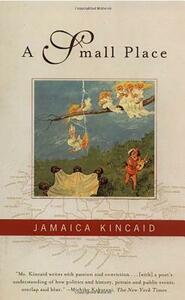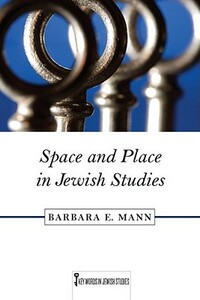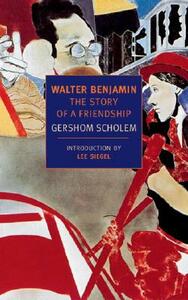You need to sign in or sign up before continuing.
Take a photo of a barcode or cover
jacobhermant's Reviews (64)
Feels so passé to say like “this classic novel was underwhelming.” It’s a perfectly fine text, I read it for a course on theories of space, so that was my frame of reference. Lots to think about, but the narrative and style I thought were ok. Maybe I’ll appreciate it more with time and discussion.
Another “grad school read,” meaning I read the intro and relevant chapters. It is fine. Intro motions toward interesting theoretical treatments that I did not encounter in the essays, save for an occasional reference. I am confused as to how the essays deal with space, as it usually feels like they are one theoretical level removed. More about how others dealt/deal with space, but not fulfilling the volume promise, in my opinion.
Really wanted to enjoy this (I’ve read a couple other entries in this Key Word series that have been very helpful). I found that the text was unfocused, the choice to jump around within chapters to so many different examples hindered the streamlined structure it sets up. I understand wanting to raise questions, but I should come out of an academic text with at least a few answers.
Admitting two things: I did a proper “grad student read” of this book (read only the relevant chapters, so about half in total), and Willi Goetschel is on my committee. I like this book’s central argument, both to the value and purpose of Jewish philosophy and to the actual use and function of philosophy. I’d definitely recommend it to anyone who wants a more critical introduction to the field of modern Jewish thought, it offers a worthwhile challenge.
I can see this being useful for people who don’t already know about these figures and ideas, but as it stands it’s not particularly insightful about any of them nor well-argued. It’s a bit unfair to say that a 30-year-old book is out of date, but that’s how I felt throughout re. the language used and the articulations of the discussed authors’ philosophies.
I found the intro and first chapter especially strong, and the conclusion very interesting. Well-written and argued, I think a successful and important intellectual history. As is common in this kind of Jewish Studies text, the author seems a bit unwilling to admit his politics (though I think it’s fairly clear?), and the linear political-historical path it draws is tricky given the bulk of the book ending in the 1870s. What are the philosophical underpinnings of, for instance, the fading-away of the Jewish labour movement? It’s beyond the scope, but would help make the ending feel more earned, perhaps.
Tracks its focal concept (Jewish autonomism) very clearly through a 50-year period, really interesting and well-written. At a few points, especially near the end, I think the author shows his hand re. Zionism in ways I find very annoying, but he mostly takes the ideas here very seriously.









